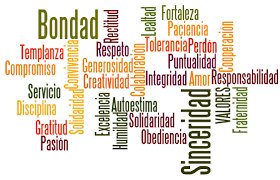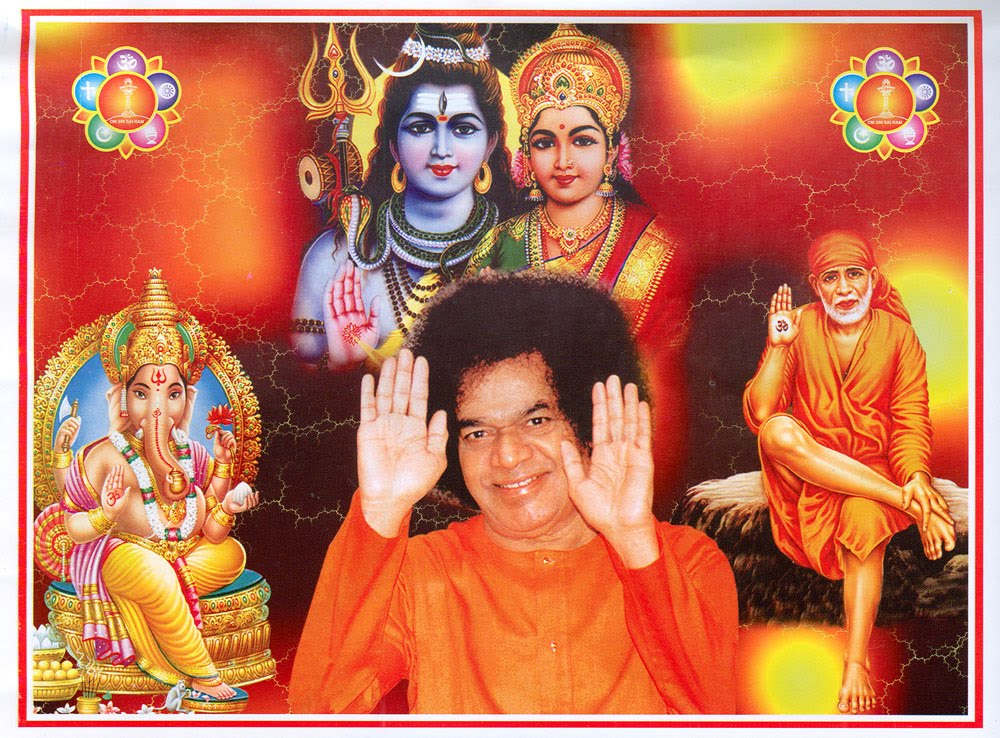Shri Shirdi Sai Speaks-26th Feb/The Bhagavad Gita for Children and Beginners-Chapter 8-The Eternal Brahma :The Story of King Bharata |
| Posted: 26 Feb 2013 12:25 AM PST Om Shree Ganeshaya Namaha! Om Sai Ram ! Om Namah Shivaya! If for some reason you are not able to see , or download the below pictures or click to the below links and pictures- Plz go to http://debu7370.blogspot.com/ You can also have access to all the previous Shirdi Sai speaks mails at the above link.And if any of you would like to receive these messages directly to your mailbox everyday-- To request for Shri Sai Satcharitra books go to : http://www.saiseva.omsrisai.net/store/index.php For everything else related to Shri Shirdi Sai baba , go to http://debu7366.blogspot.com/ This makes perfect sense to me-- How about You?? Sai Bhakt, Deepa H THE BHAGAVAD-GITA For Children and Beginners To read this from the very begining - Click Here CHAPTER 8 THE ETERNAL BRAHMA Jai: I don't have a big spiritual vocabulary, Grandma, so I don't understand many words that I hear at the temple. Can you explain some of them in a simple way? Grandma: I will explain some of the Sanskrit words, so listen very carefully. You may not completely understand these terms at your age. The Spirit that is inside all living beings is called Brahma in Sanskrit. Brahma not only supports living beings but also supports the whole universe. This is the formless nature of God, the Absolute. Brahma is beginningless, endless (or everlasting) and changeless; therefore, it is also called Eternal Brahma. The word Brahma often gets confused with the word Brahma, the creative force or creator of this universe. The word Brahma is also spelled as Brahm or Brahman. The word Brahman often gets mixed up with another term, Brahmana also spelled as Brahmin,which refers to the upper caste or intellectual class of people in India. I will explain this term later in Chapter18. ParaBrahma, Paramatma, Father, Mother is the Supreme Being, Who is the origin of everything, including Brahma (Spirit or Atma.). The word Karma has several meanings. Generally, it means to do or work. It also means the stored up fruits of one's work over past lives.Various powers of Brahma are called Daiva (or Deva, Devi, Devata.). We worship these powers to get our worldly desires fulfilled. Ishvara is the power of God that stays in the bodies of all living beings to guide and control us. Bhagavan simply means powerful. This term is used for God. We call ShriKrishna also Bhagavan Krishna. Jiva or Jivatma means living beings that take birth, have a limited life span, and die or change form. Jai: How often should I remember and worship God to make sure that I remember God when I die? Grandma: We should form the habit of remembering God before taking our food, before going to bed, after getting up in the morning, and before starting any work or study. Krishna said: I am easily attainable, O Arjuna, by that ever steadfast devotee who always thinks of Me and whose mind, fixed in the heart, does not go elsewhere. They attain Me. After attaining Me, the souls do not incur rebirth in this miserable transitory world, because they have attained the highest perfection. The others are subject to the miseries of repeated birth and death. Verse 8.17-21 Jai: Are we always reborn as human beings? Grandma: Human beings can take any one of the 8.4 million life-forms on earth. Hindus believe in life after death. Lord Krishna said: "Whatever object one remembers at the time of death, that object one gets after death. During death, one remembers whatever thought existed during most of one's lifetime." (Gita 8.06) Therefore, one should always remember God and do one's duty. (Gita 8.07) The path of light of spiritual practice and Self-knowledge and the path of darkness of materialism and ignorance are thought to be the world's two eternal paths. The former leads to salvation and the latter leads to rebirth as human beings. Here is a story to illustrate the theory of transmigration of souls. 9. The Story of King Bharata When Sage Vishvamitra was busy creating his own universe; Indra, the King of heaven could not tolerate that. So he sent a beautiful heavenly dancer, Menaka, to disturb him from his work. She succeeded and bore sage Vishvamitra's daughter,Shakuntala. She was raised in the hermitage of sage Kanava after Menaka left for heaven. One day a King named Dushyanta wandered in the hermitage of sage Kanava. There he met and fell in love with Shakuntala.., whom he secretly married in the hermitage. Afterwards, she gave birth to a baby boy named Bharata. He was very handsome and strong, even during his childhood. Bharata looked like the son of a Deva. When he was only six years old, he used to play in the jungle by tying up baby wild animals, such as tigers, lions, and elephants. Bharata became the king after Dushyanta. Bharata was the greatest king of the land. Even today we also call India Bharata Varsha, the land of King Bharata. He had nine sons, but none of them seemed fit to rule after him, so he adopted a qualified child, who took over the kingdom after Bharata. Thus, King Bharata laid the foundation of democracy. There have been several other rulers by the name of Bharata such as Bharata, the younger brother of Lord Rama and Maharaja Bharata. Here is a story of Maharaja Bharata: A devotee named Maharaja Bharata, the son of a saintly King Rishabha Deva, also ruled over our entire planet. He ruled for many years but eventually renounced everything to take up spiritual life of an ascetic. Although he was able to give up his opulent kingdom, he became attached to a baby deer. Once when the deer was absent, Maharaja Bharata was so disturbed that he began to search for it. While searching and lamenting the deer's absence, Maharaja Bharata fell down and died. Because his mind was fully absorbed thinking of the deer at the time of his death, he naturally took his next birth from the womb of a deer. This is the theory of transmigration of the soul, which we believe. Some western philosophers believe in reincarnation. The reincarnation theory is based on the assumption that a human soul takes birth only as humans, not as animals. The theory of transmigration seems more universal than the theory of reincarnation. Jai: If living beings go through cycles of birth and death, how about the Sun, Moon, Earth, and stars? Do they also take birth and get destroyed? Grandma: The entire visible creation has a life span. The visible worlds, such as stars and planets, have a life span of 8.64 billion years. During this period, the entire visible cosmos is created and destroyed. (Gita 8.17-19) But Brahma is everlasting and is never destroyed. Jai: If some people do not come back to this world after death, what happens to them? Do they go to heaven and live there forever? Grandma: Those who have done good work here on earth go to heaven, but they have to come back after enjoying the pleasures of heaven. (Gita 8.25, 9.21) Those who have been naughty and bad go to hell for punishment and also come back to earth. Those who have gained salvation (Nirvana) do not take birth again. They become one with God and go to His Supreme Abode, called Parama-Dhama). The Supreme abode is higher than heaven. Jai: How can we gain the Supreme Abode, the house of God? Grandma: Those who have the true knowledge of God are called God-realized and reach the house of God. They do not reincarnate. This is called the path of no return. (Gita 8.24) This path is blocked for the ignorant and persons without the necessary qualities, such as austerity, faith in God, and knowledge of God. Only those who have these qualities will walk this path of no return. Those who have not realized God, but have done good work, go to heaven by virtue of their good Karma and take birth on earth again until they perfect themselves and become Self-realized. (Gita 8.25) Chapter 8 summary: Some of the common Sanskrit terms have been explained, which you will understand better as you grow older. The theory of transmigration and the cycle of creation and destruction of the universe were also explained. A very simple and easy method of God-realization is to always remember God and do your duty. Quote of BABA: I am in the water, amidst crowds, & in the solitary wilderness. I am in the fire and in ether. I am not limited to any place. अज़ीज़ भी साईं हैं नसीब भी साईं हैं !! दुनिया की भीड़ में करीब भी साईं हैं !! उनकी रहमत से ही चलती है जिंदगी !! क्योंकि राम भी साईं हैं रहीम भी साईं हैं !! |




































